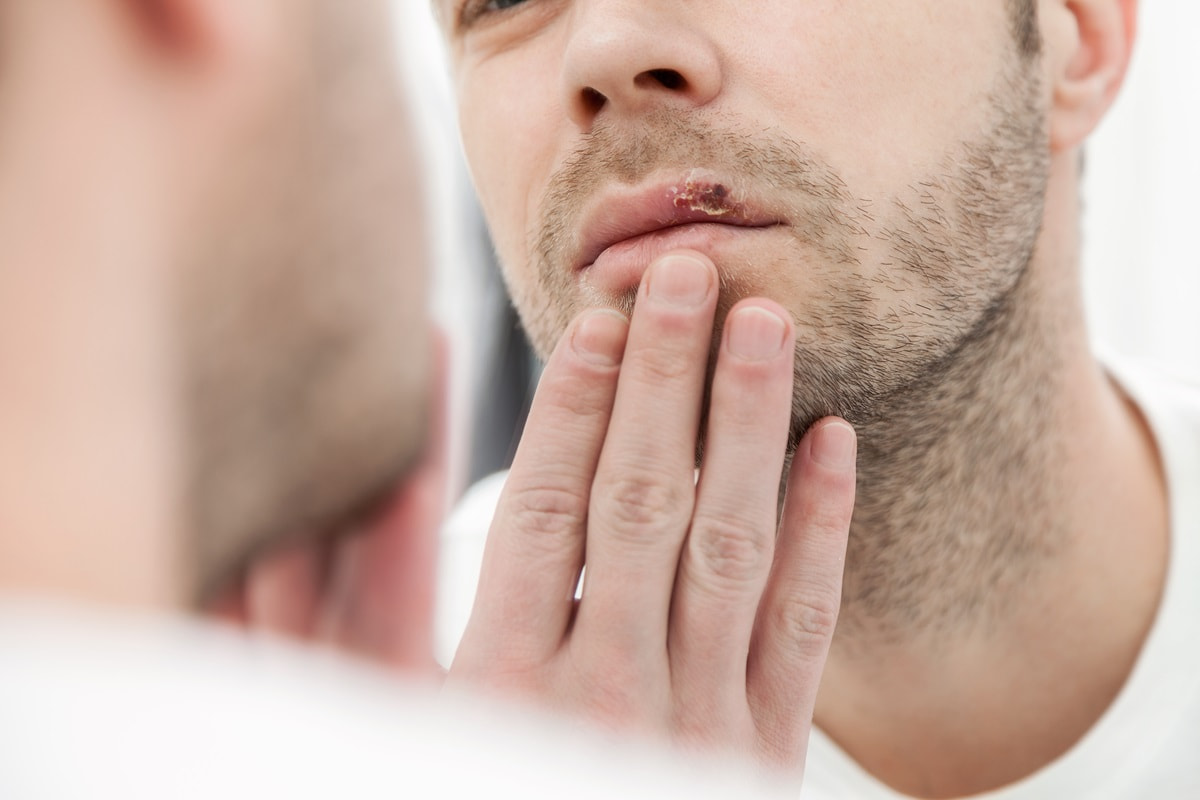The Honest Answer: It Depends on the STI
If you're hoping an STI will simply go away on its own, we understand the impulse. Testing and treatment can feel daunting. But here's the reality: while a small number of infections may clear naturally, most will not – and waiting can cause serious harm.
Let's break down exactly what happens with each type of STI when left untreated.
STIs That May Clear Naturally
HPV (Human Papillomavirus)
HPV is the most likely STI to resolve without treatment:
- About 90% of HPV infections clear naturally within 2 years
- Your immune system typically suppresses or eliminates the virus
- However, you won't know which strain you have without testing
- High-risk strains that persist can cause cervical, throat, and anal cancers
- Genital warts (low-risk HPV) often require treatment even though the virus may eventually clear
The catch: You can't predict which infections will clear and which will persist. Regular cervical screening is essential for women.
Hepatitis B
Some hepatitis B infections resolve naturally:
- About 95% of healthy adults clear acute hepatitis B within 6 months
- The remaining 5% develop chronic infection requiring long-term management
- Children and immunocompromised individuals are more likely to develop chronic infection
The catch: You need blood tests to confirm clearance. Chronic hepatitis B can cause liver cirrhosis and cancer.
Molluscum Contagiosum
This viral skin infection often clears without treatment:
- Typically resolves within 6-12 months, sometimes up to 2 years
- The immune system eventually controls the virus
- Treatment can speed clearance and reduce spread
The catch: Lesions can spread to other body parts and to partners while waiting.
STIs That Will NOT Go Away Without Treatment
Chlamydia
Chlamydia will not clear on its own:
- Requires antibiotic treatment (usually azithromycin or doxycycline)
- Without treatment, can persist for months or years
- Can cause pelvic inflammatory disease (PID) in women
- Can cause epididymitis and reactive arthritis in men
- Can lead to infertility in both sexes
Treatment is simple: Usually a single dose or short course of antibiotics.
Gonorrhoea
Gonorrhoea requires antibiotic treatment:
- Will not resolve naturally
- Can spread to blood, joints, and heart valves if untreated
- Causes PID, infertility, and ectopic pregnancy in women
- Current UK treatment is a single injection of ceftriaxone
- Antibiotic resistance is a growing concern – follow-up testing is important
Treatment is essential: Don't delay seeking care.
Syphilis
Syphilis absolutely requires treatment:
- Progresses through stages over years if untreated
- Primary and secondary symptoms may resolve, but the infection remains
- Latent syphilis has no symptoms but the bacteria persist
- Tertiary syphilis can cause heart disease, brain damage, and death
- Treatment is penicillin injection – highly effective when caught early
This is serious: Untreated syphilis is a dangerous, potentially fatal infection.
Trichomoniasis
Trichomoniasis needs antibiotic treatment:
- This parasitic infection won't clear naturally
- Requires metronidazole or tinidazole
- Can cause complications in pregnancy
- Increases risk of HIV transmission
HIV
HIV never goes away:
- The virus integrates into your DNA permanently
- Without treatment, progresses to AIDS over 8-10 years
- Modern antiretroviral therapy (ART) is highly effective
- People on effective treatment can live normal lifespans
- Treatment also prevents transmission (Undetectable = Untransmittable)
Lifelong treatment is required: But outcomes are excellent with proper care.
Herpes (HSV-1 and HSV-2)
Herpes cannot be cured:
- The virus remains dormant in nerve cells for life
- Outbreaks may become less frequent over time
- Antiviral medication can reduce outbreaks and transmission
- Many people have few or no symptoms after the initial infection
Management is possible: While there's no cure, herpes is very manageable.
Why Waiting Is Dangerous
Even if you're not experiencing symptoms, untreated STIs can:
Cause Irreversible Damage
- Infertility – from chlamydia, gonorrhoea, or PID
- Ectopic pregnancy – potentially life-threatening
- Chronic pain – from pelvic inflammatory disease
- Cancer – from persistent HPV
- Neurological damage – from untreated syphilis
- Immune system destruction – from untreated HIV
Spread to Partners
- You can transmit most STIs even without symptoms
- Partners may develop complications even if you don't
- Breaking the chain of transmission requires treatment
Become Harder to Treat
- Antibiotic-resistant strains are increasing
- Longer infections may require more intensive treatment
- Complications may need additional interventions
What About Symptoms That Seem to Disappear?
Some STI symptoms come and go naturally, which can create false hope:
Syphilis
- The primary chancre (sore) heals on its own within 3-6 weeks
- Secondary symptoms (rash, flu-like illness) also resolve
- This doesn't mean the infection is gone – it's entering latent phase
- The bacteria continue to damage your body silently
Herpes
- Outbreaks resolve within 2-4 weeks even without treatment
- The virus remains in your body and can reactivate
- Antiviral treatment speeds healing and reduces recurrence
Gonorrhoea/Chlamydia
- Symptoms may be mild and seem to improve
- The infection persists and can cause internal damage
- Testing is the only way to confirm clearance
The Right Approach: Test and Treat
Instead of waiting and hoping, take control:
Get Tested
- Know exactly what you're dealing with
- Many STIs have overlapping symptoms – or no symptoms at all
- Testing is confidential, quick, and often painless
Follow Treatment Properly
- Complete the full course of any prescribed medication
- Attend follow-up appointments
- Get a test of cure if recommended
Notify Partners
- Help break the transmission chain
- Partners may need treatment even without symptoms
- Many clinics offer anonymous partner notification services
Retest Regularly
- Especially if you have ongoing risk factors
- Confirm clearance after treatment
- Stay on top of your sexual health
Take the First Step
Wondering if an STI will go away isn't a plan – it's worry without resolution. Testing gives you answers, and treatment gives you peace of mind.
Our comprehensive STI testing provides fast, accurate results with full clinical support. Whether you need treatment, reassurance, or both – we're here to help. Book your confidential test today.
Get Tested Today
Take control of your sexual health with our confidential, comprehensive STI testing services.
Share this article:



